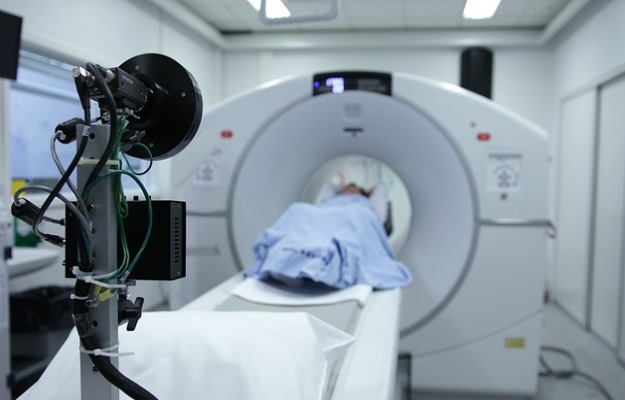What is a Gallium Scan?
A gallium scan is an imagining procedure that is used to detect uncontrolled and rapid cell division in the body. It is a type of nuclear medicine test and uses radioactive gallium- usually gallium citrate for creating clear images of body tissues.
This test is used to identify medical conditions, such as
- Infection/inflammation ( such as swelling)
- Abscesses (yellow liquid called pus)
- Certain tumours/cancers
Gallium scan is also known as liver gallium scan or bony gallium scan.






























